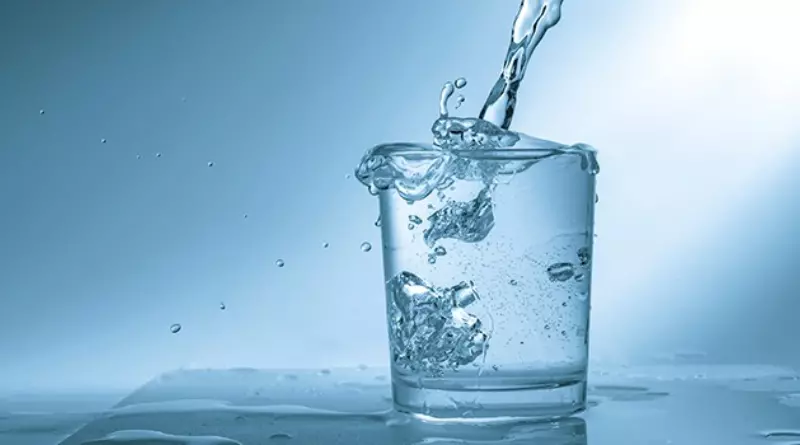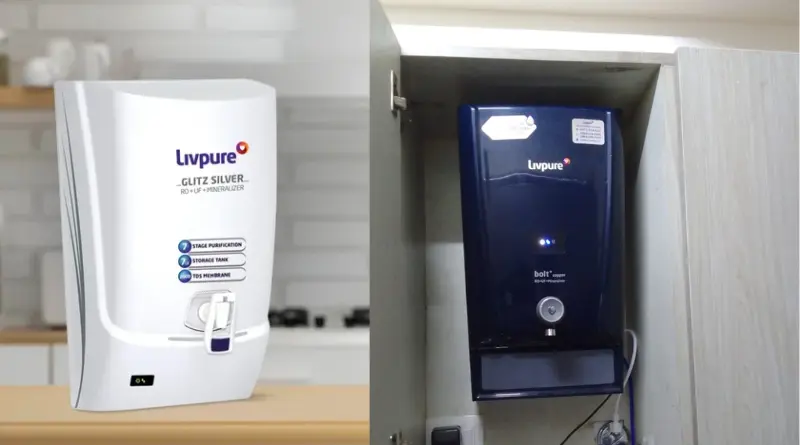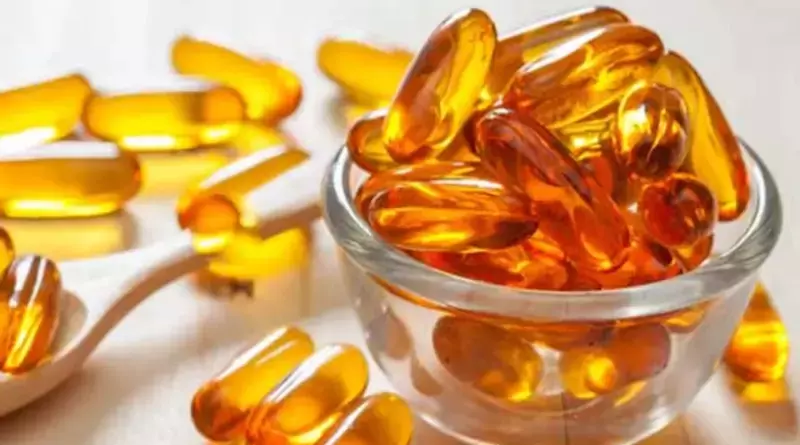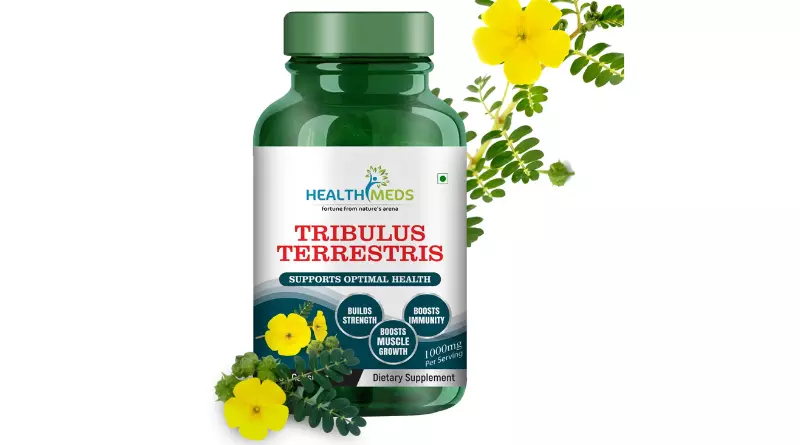How Much Water Should You Consume Each Day?

Water constitutes approximately 60 percent of your body, and its constant loss throughout the day, primarily through urine, sweat, and regular bodily functions like breathing, necessitates replenishment to prevent dehydration. Determining the appropriate amount of daily water intake, however, is a subject of varied opinions among experts.
The commonly known “8×8” rule suggests consuming eight 8-ounce glasses of water, equivalent to around 2 liters or half a gallon per day. This straightforward guideline is easy to remember. Nevertheless, alternative viewpoints argue for consistent sipping of water throughout the day, even when not feeling thirsty.
Individuality plays a significant role in establishing the ideal water intake. Numerous internal and external factors come into play, influencing your personal hydration requirements. By examining scientific studies on water consumption and dispelling misconceptions, this article aims to shed light on tailoring hydration practices to meet individual needs.
Understanding Personal Water Needs
The amount of water needed by an individual can vary significantly and is influenced by various factors. The general guidelines provided by The U.S. National Academies of Sciences, Engineering, and Medicine offer a baseline recommendation for adults:
•Approximately 11.5 cups (2.7 liters) per day for women
•Approximately 15.5 cups (3.7 liters) per day for men
These recommendations encompass fluids obtained from water, as well as beverages such as teas and juices, and even water content present in food. On average, about 20 percent of your daily water intake comes from the foods you consume.
It is crucial to recognize that individual water requirements may differ from others. Factors that influence personal water needs include:
1.Geographic location
Residents of hot, humid, or arid regions will likely require more water for adequate hydration. Additionally, individuals living in mountainous areas or at higher altitudes may also need increased water intake.
2.Dietary habits
If your diet includes a high consumption of caffeinated beverages like coffee or salty, spicy, or sugary foods, you may experience increased water loss through frequent urination. Conversely, a lack of hydrating foods rich in water content, such as fresh fruits and vegetables, may require you to drink more water.
3.Temperature and seasons
Warmer months and climates often lead to increased perspiration, necessitating higher water intake compared to cooler seasons.
4.Environmental conditions
Spending extended periods outdoors in sunny or hot environments, as well as being exposed to heated indoor spaces, can accelerate feelings of thirst, prompting the need for more water.
5.Activity levels
Engaging in physical activity, standing, or walking for extended durations results in increased water requirements compared to sedentary individuals. Intense workouts or exercise sessions further heighten the need for adequate water intake to compensate for fluid loss.
6.Health status
Certain health conditions like infections, fever, vomiting, or diarrhea increase the need for additional water intake to replace lost fluids. Conditions such as diabetes may also require increased hydration. Additionally, specific medications, like diuretics, can contribute to water loss.
7.Pregnancy and breastfeeding
Expectant or nursing mothers need to consume extra water to support the increased demands of their bodies and their developing or breastfeeding infants.
Recognizing these personal factors is crucial for maintaining optimal hydration. Listen to your body’s cues, consider your unique circumstances, and consult healthcare professionals to determine the appropriate amount of water you should consume.
Conclusion:
In conclusion, the recommended daily water intake of eight 8-ounce glasses (about 2 liters) serves as a general guideline, but individual water requirements can vary. Factors such as physical activity, age, breastfeeding, and dietary sources of water influence how much water you need. It is essential to listen to your body’s signals, drink when thirsty, and ensure your water intake is enough to quench your thirst. Signs of dehydration, like headaches or difficulty concentrating, may indicate the need for increased water consumption. While drinking 1-2 liters of water per day may support weight loss, it’s important not to overconsume water, as excessive intake can lead to water toxicity. Finding the right balance and adjusting your water intake based on personal needs is key to maintaining optimal hydration and overall well-being.




